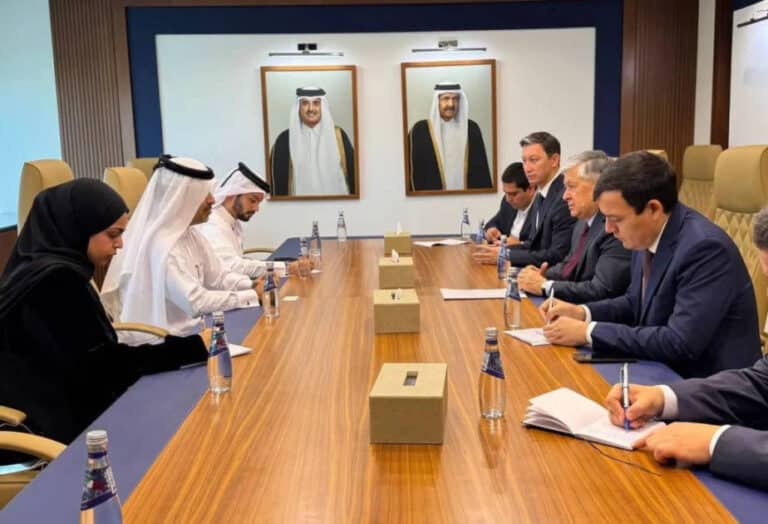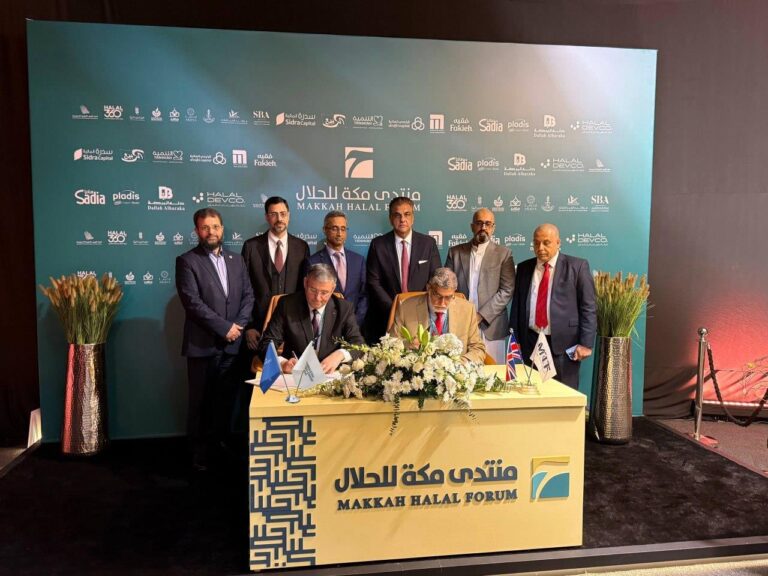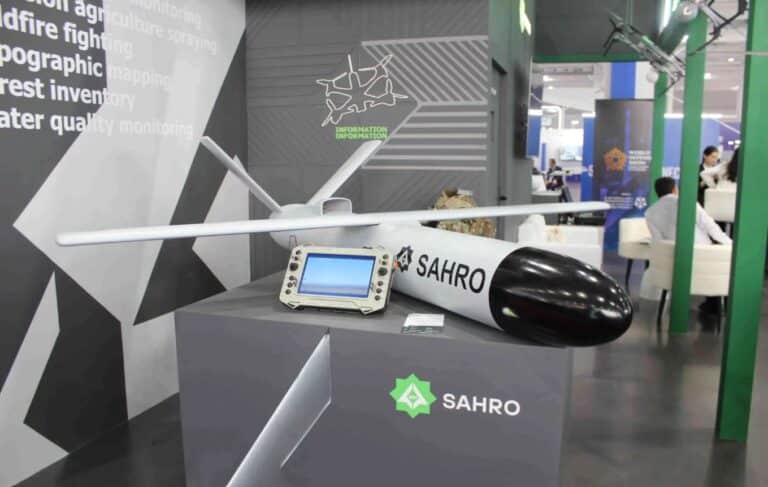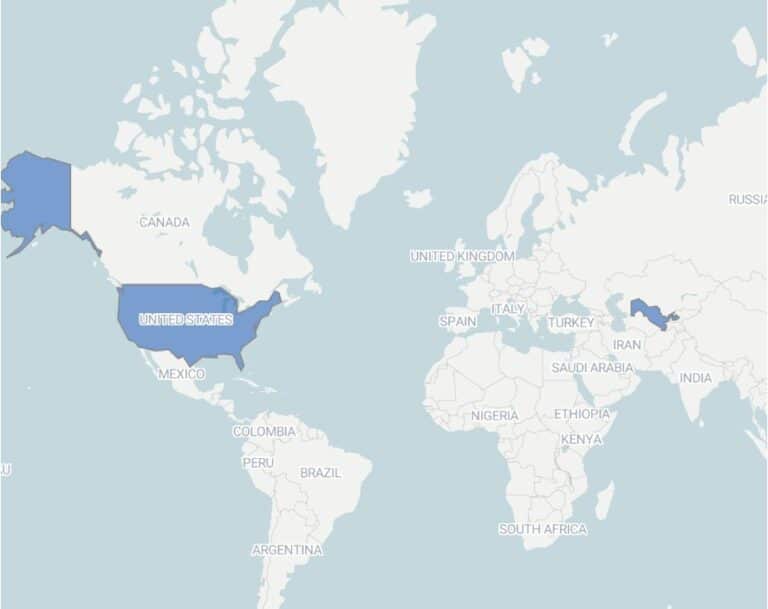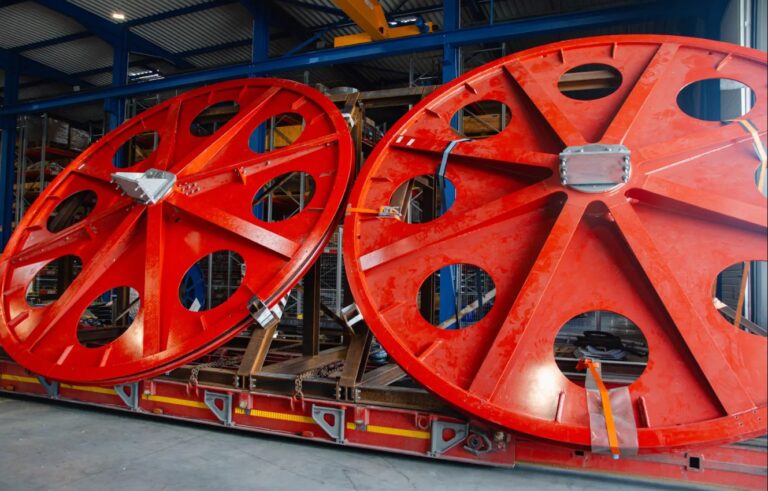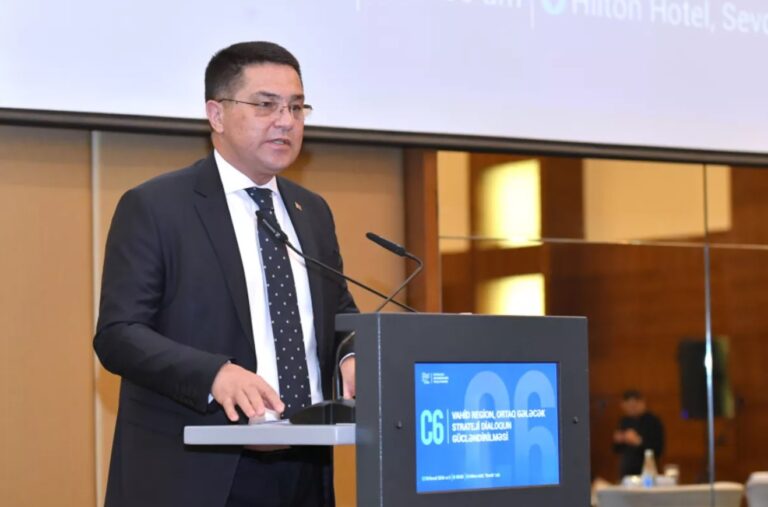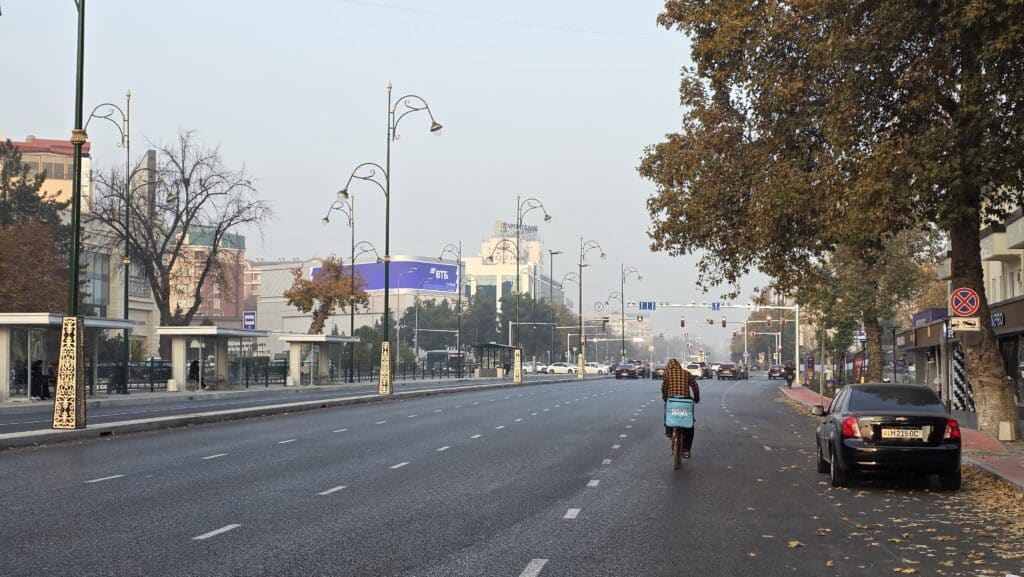
The city of Tashkent has launched an extensive programme to combat air pollution, following a decree signed by President Shavkat Mirziyoyev.
Caring for greenery: Trees and shrubs along major roads will be washed at least three times a week during the morning hours in summer and autumn. Night-time watering of trees with potable water will also be permitted in the spring and summer.
Duty-free equipment: Air and water purification systems, automated monitoring stations and household filters brought in by citizens or businesses are now exempt from customs duties.
New water features: At least three artificial lakes will be created in four parts of the city over the next three months. A separate programme will double the number of fountains within two weeks.
Gas supply for greenhouses: The Ministry of Energy will ensure continuous natural gas delivery to Tashkent’s greenhouses and nearby districts.
Stricter accountability: Large greenhouses will face higher fines for lacking or malfunctioning purification equipment. A draft law will introduce criminal liability for burning waste, including confiscation of boiler equipment.
Trade-in for old vehicles: The Ministry of Economy and Finance will establish a trade-in system for passenger and freight vehicles made before 2010 that fail to meet Euro-4 standards.
Vehicle inspections and waste control: The Interior Ministry will ensure all vehicles pass inspections by the end of 2026. The Prosecutor’s Office will curb illegal handling of fuel oil, used motor oil, and tyres.
New air quality index: A national pollution index will be introduced based on WHO recommendations, using green, yellow, red, and brown levels, alongside guidelines for residents. An early warning system will alert the public to sharp declines in air quality.
Green corridors and smart traffic lights: A 33-km «Green Corridor» will be created along the Small Ring Road. Intelligent traffic lights with AI-based traffic management will be installed at 700 intersections.
Special laboratory: The Committee on Ecology will establish a lab to study PM2.5 pollution sources and procure necessary equipment.
Expanded monitoring: By the end of 2025, 347 automated observation stations will be installed, and the Air Monitoring Uzbekistan platform will integrate all air quality monitoring systems.
Satellite and drone monitoring: The Space Research Agency will track air quality deterioration from space, while the Cadastral Agency will monitor construction sites using drones.






